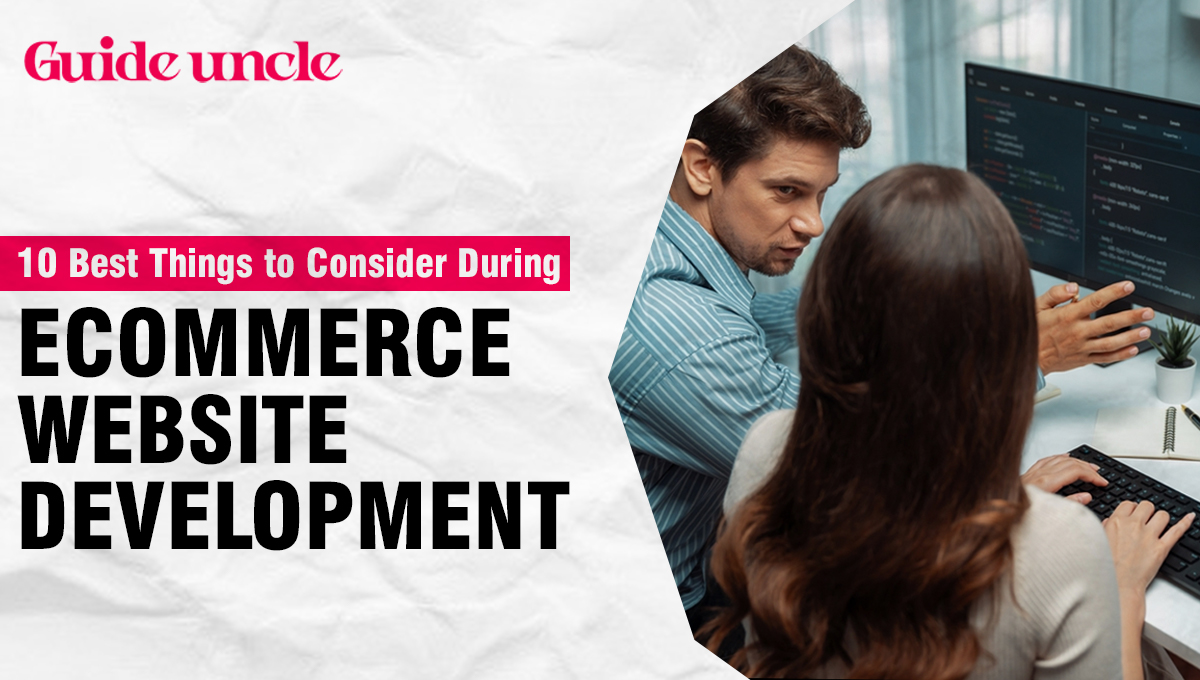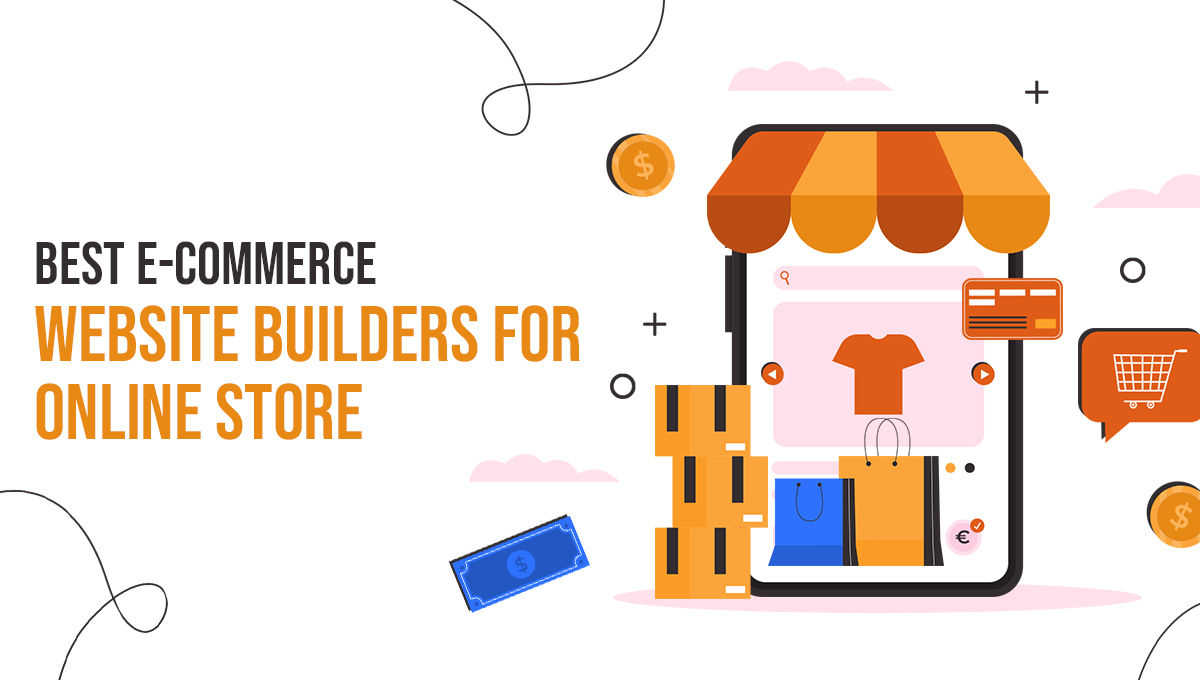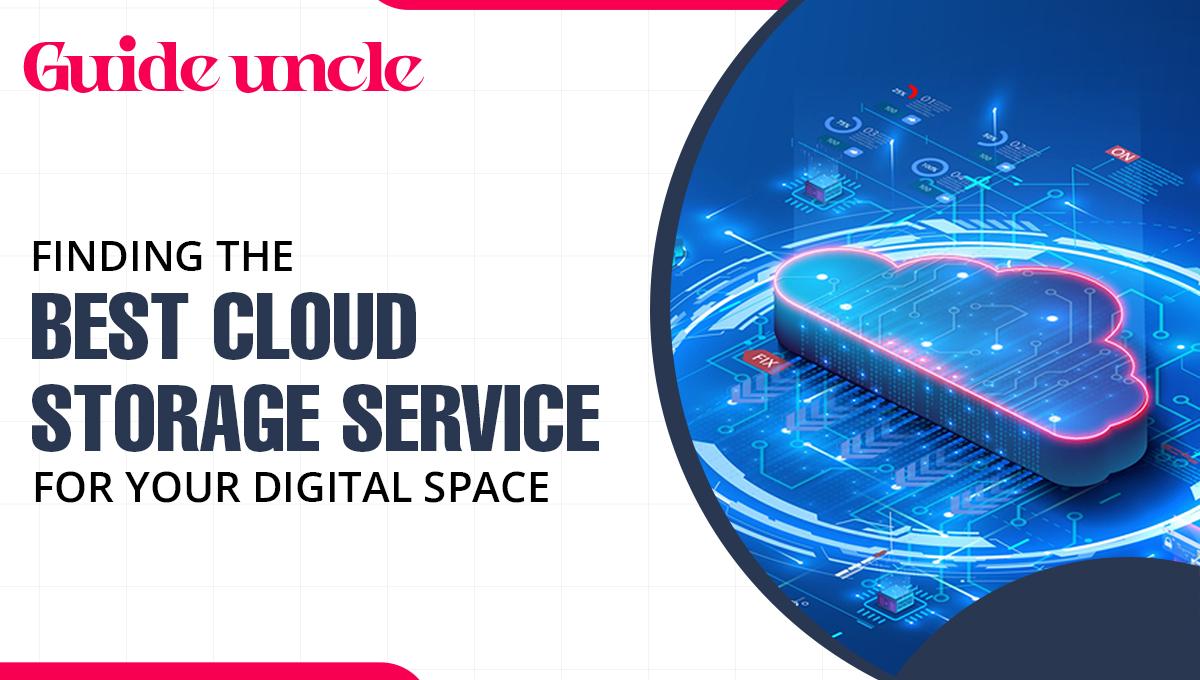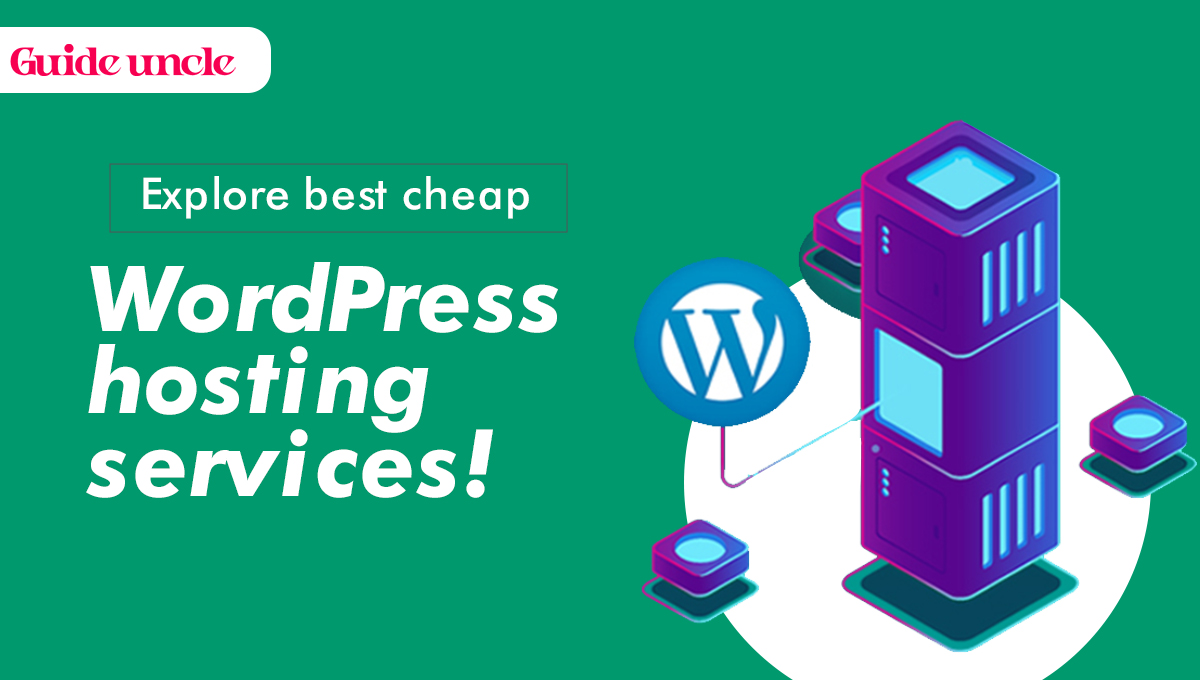If we see the world of ecommerce which is now growing at an unpredictable rate. As more businesses move online, the competition is also increasing in a seamless, efficient and attractive way. If you have a business in which you looking to succeed in this fast paced landscape, eCommerce website development is an important process which is required to be planned with careful and with smart execution Whether if you want to create an eCommerce website from the scratch or want to improve an existing website, there are a lot of the factors to keep in mind.
Let’s explore 10 most important things you need to consider during the development of your eCommerce website.
- User-Friendly Design: As we all know, first impressions matter a lot, especially when we are doing something online. So, when it comes to ensuring that the navigation is intuitive, the layout is clean, the checkout process is so seamless. Some of the complex or cluttered designs will frustrate the users which could lead to abandoning the shopping carts. Work with an eCommerce website builder that offers customization options to cater to the target audience’s needs.
- Mobile Responsiveness: With a large percentage of the customers shopping with their mobile devices, which helps to ensure that your eCommerce website is mobile-friendly which is negotiable. During the eCommerce website development, your website must be completely responsive, which means that it adjusts and works easily in all screen sizes and devices. A poor mobile experience can also drastically affect your conversion rates and overall customer satisfaction.
- Security and Payment Gateways: Everything we do online security is the main concern for everyone. It is important to have a secured platform that protects customer data. You can choose a reliable eCommerce website builder which provides the security features like SSL certification and encryption for the safer data transmission. Additionally, you can integrate multiple payment gateways to offer flexibility. It will help you provide some of the options such as credit/debit cards, PayPal, Apple Pay and other global methods which helps to build trust and improve customer experience.
- Search Engine Optimization (SEO): Getting traffic to your site organically is an ongoing process, but it starts with the initial eCommerce website development phase. SEO is an essential thing which is needed to ensure your eCommerce site ranks on the search engines. To optimize your product descriptions, images and meta tags with some of the relevant keywords to implement on an SEO-friendly site structure. You can consider the integrating tools for tracking and improving your SEO efforts over time.
- Speed Optimization: No one likes a slow website, especially when shopping online. In fact, a delay of even a few seconds can result in significant loss of customers. Optimizing your eCommerce websites for speed is critical for reducing bounce rates and improving user experience. Use efficient hosting services, compress images and avoid unnecessary scripts that slow down loading times. Speed optimization should be a priority in every eCommerce website development strategy.
- Product Management System: Your eCommerce website is as good as its product management system. This includes how you upload, organize and display your products. A well-organized inventory system with easy management tools is crucial. Make sure the eCommerce website builder you select has features that allow bulk uploading of products, categorization and management of stock levels. Clear product images, descriptions and easy search filters will also enhance customer experience.
- Customer Experience Features: There are some extras that you can do for an exceptional shopping experience. You can add some features such as wish lists, product comparisons, customer reviews and related product suggestions which are great for boosting engagement. Implementing live chat and AI chatbots during the eCommerce website development can further help you to personalize the shopping experience and answer customer queries in the real-time, which leads to higher conversions.
- Scalability: When the business grows with time, so will the demands on your website as well. Scalability should be a top consideration during eCommerce website development. Your site should be built in a way that it will be able to handle increasing traffic and product expansion without crashing or becoming slow. You can choose a platform which offers scalability, to ensure your business is prepared for long-term growth.
- Integration with Other Systems: Whenever you work your eCommerce website should work seamlessly with other platforms and systems, similar as CRM( client Relationship Management), email marketing tools and analytics software. Integration with these platforms will help you to automate the processes like force operation, order fulfillment and client engagement. During the eCommerce website development process, you can prioritize a platform which allows you for the easy integration with third- party systems to insure smooth operations and data operation.
- Post-Launch Support and Maintenance: The work doesn’t end once your site goes live. Regular maintenance is necessary to ensure that the website remains functional, secure and up to date. This includes updating plugins, monitoring security patches and fixing any bugs that arise. Be sure that your eCommerce website builder offers post-launch support and that your development team is on hand for troubleshooting. Regularly updating the site based on user feedback will also help improve its efficiency.
Conclusion
While developing a successful eCommerce website it involves more than just creating an online store. You just have to focus on elements such as user experience design, security, scalability and customer experience, you can ensure that your site is not only good for the business purpose but also provides an exceptional shopping experience for the users. During the eCommerce website development process, always remember that proper planning and the use of the right tools can significantly impact the overall success of the eCommerce venture.








